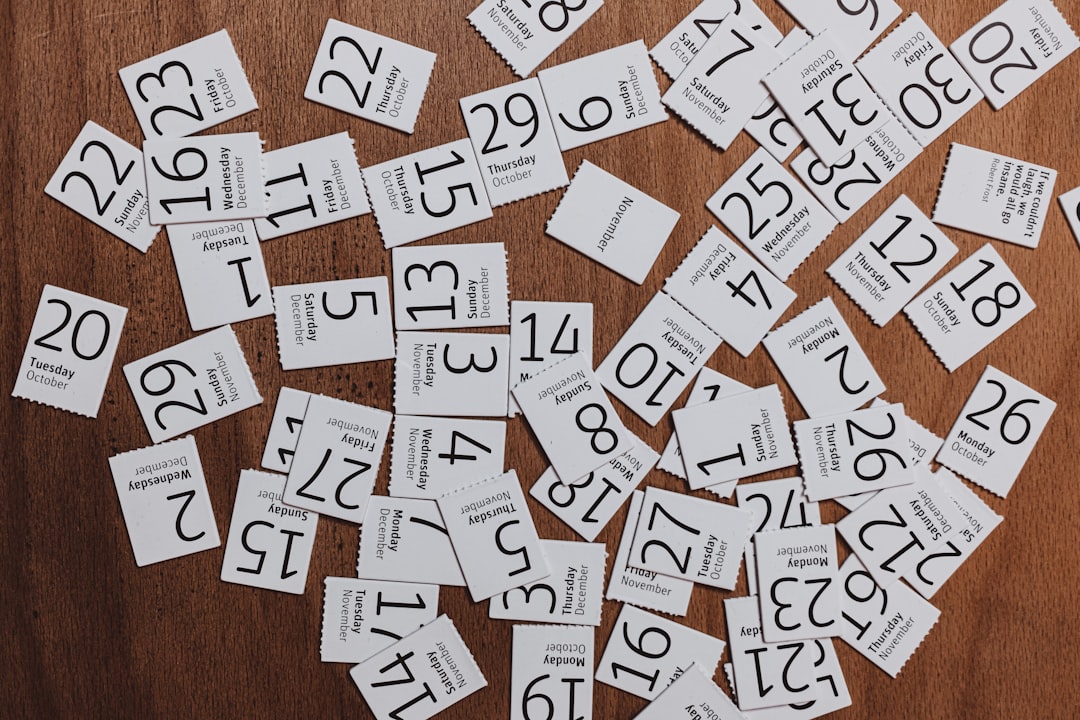

Unsplash
Welcome back, Shit Givers.
If you’re new here (and there are thousands of you since our last proper essay), welcome for the first time! Usually what happens is Willow writes a Monday newsletter and then I write a Friday essay that’s too long, but the last few weeks we’ve featured our 2023 Gift Guide and the Charitable Giving Guide instead.
I’m back today to share my 2023 wrap-up. It’s a pretty stream-of-consciousness endeavor, but I think it sums up where I was right in my 2023 preview, where I was very wrong, how the world changed — or didn’t — and most importantly, how we responded.
Got feedback? Drop a comment in the chat or reply directly to this email.
We’ll be in your inboxes Monday with one last newsletter before a break, and then back after the new year.
Last bit — INI Memberships are 50% off until New Year’s Day. Huge thanks to everyone who’s joined up. You keep this work free for everyone else (here’s some more context).
— Quinn
Did you know we record an audio version of all of our essays? Subscribe to our podcast feed and listen to this essay now 👇
PS — this is not short, so if it’s clipped in your email, read it online.
I’m Quinn Emmett, and this is science for people who give a shit.
Every week, I help 25,000+ humans understand and unfuck the rapidly changing world around us. It feels great, and we’d love for you to join us.
Together With 1440

Clear. Concise. Unbiased. 1440's FREE newsletter.
Tired of news with a slant? Struggle to find the truth in a sea of sources? Get a daily dose of unbiased facts with 1440. Explore various topics like politics, business, and science. Be part of the 3 million informed Americans every morning.
Want an ad-free experience? Become a Member right now for 50% off.
Get 50% Off Membership
INI is 100% independent and mostly reader-supported. For a limited time, Memberships are 50% off — just $25 for the first year.
This newsletter will be free forever, but to support our work, get your own curated news feed, get my popular “Not Important” book, music, and tool recommendations, connect with other Shit Givers, and get invited to live events, please consider becoming a paid Member.

Last week’s most popular Action Step was urging Members of Congress to co-sponsor The WATER Act so that everyone has access to safe, clean water.
Donate to CAMFED to help them educate 5 million girls in Africa by 2030 (educating girls is key to building climate resilience!)
Volunteer with Action for the Climate Emergency, a network of young people working in key states to register young voters and educate them on climate change and climate justice.
Get educated about your country’s GHG emissions to thoroughly understand how and where to prioritize decarbonization resources using the Country Emissions Inventory from Climate Trace. Filter by year, sector, and type of GHG.
Be heard about protecting pregnant people at a federal level and urge your representative to support codifying abortion access.
Invest in solar and electrification by opening a bank account with ATMOS.

2023 (UN)WRAPPED
When you’re a parent, “polycrisis” is the job.
*Ok, so I will pause very early here to caveat as always that my kids are wildly privileged to be, well, healthy — they have clean air, clean water, real food, health insurance, shelter, a good public school education, and do not live in a war zone. So this is all a relative experience sort of thing.
Anyways, yes, polycrisis should be your baseline expectation as a new parent. In fact, setting expectations is really the key to parenting. For behavior, bedtime, meal time, nap time, exhaustion levels, sex life, and more.
For your kids, who for a period of time do not know they have hands, obviously, but mostly, for yourself.
At one point, my wife and I had 3 kids under 3. It was glorious, exhausting, stressful, beautiful unbridled chaos. Now we have 3 kids under 11, which is just…different chaos.
If — considering the circumstances, and that each additional child grows your externalities exponentially — you expect anything other than chaos, you will be hugely disappointed. Every single day. Not to say being a parent is bad or sad or anything — though it can be any of those at any time — it’s usually everything I could have ever wanted (again, YMMV).
But my life and work often run in parallel: I am the father of three kids and also my day job is writing about the unpaid costs of systemic externalities and what the hell we can do to reduce those.
I help countries, companies, cities, families, and people ask “What are we exposed to? How can I reduce that exposure? How can I be prepared for the inevitable? What can I do to make this better, for everyone now, and in the future?”
These are also great questions to ask when your children are in diapers, potty-training, have a cough, are throwing up, have a fever, are going to school for the first time, riding a bike, allergic to some food or nut, losing their first teeth, disinvited to a birthday party, refusing to brush their remaining and/or new teeth, furious that you cut their apple in one way and not the other, etc.
But as a parent, it’s also important to understand that your risk changes over time. Risks when they’re 3 are very different from when they’re 11. But the rituals and routines you implement when they’re young can either pay off later, or come back to bite you in the ass. Or both.
2023 was no different.
Seeds of change, planted long ago, came to fruition, while other unexpected, radical change began to quickly and aggressively rewrite our understanding of geopolitics, biology, creativity, and the workplace.
Some quick hits:


